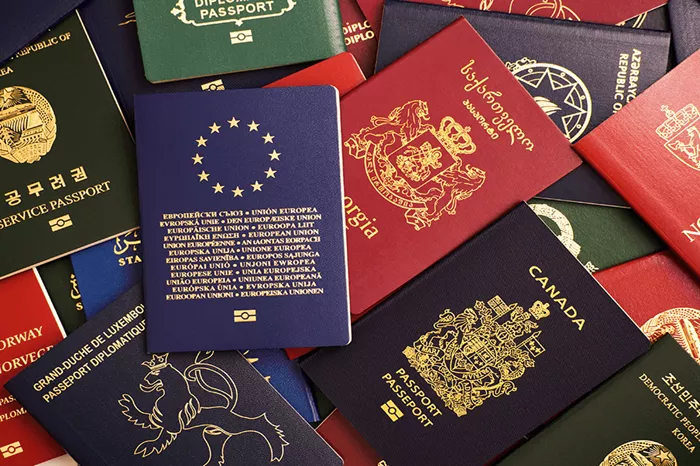The European Union is gearing up to roll out mandatory digital product passports for textiles and clothing by January 2026, a move poised to significantly impact travel retail across the continent.
Part of the broader EU Strategy for Sustainable and Circular Textiles, the initiative aims to curb waste, boost transparency, and empower consumers to make informed, eco-conscious purchases. Each digital passport will be a standardized electronic record, accessible via a QR code, and will include key product data such as:
- Material composition
- Manufacturing origin
- Carbon footprint
- Care and recycling instructions
While the regulation applies broadly to all textile goods sold within the EU, its influence on travel retail—particularly at airports, cruise terminals, and resort boutiques—is expected to be substantial. The sector, known for high-volume impulse and luxury purchases, may soon see a shift as travelers engage with interactive tags to assess a product’s sustainability before buying.
Retailers operating in the EU will need to digitally tag their apparel and adapt in-store infrastructure to accommodate real-time data access and display, aligning with evolving consumer values around transparency and sustainability.

